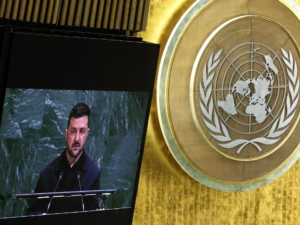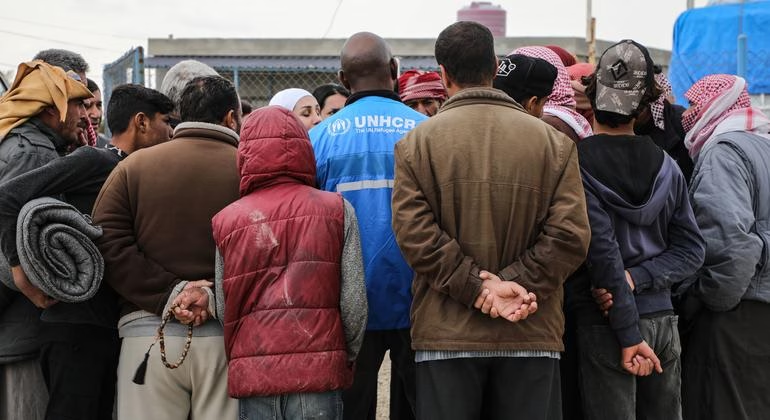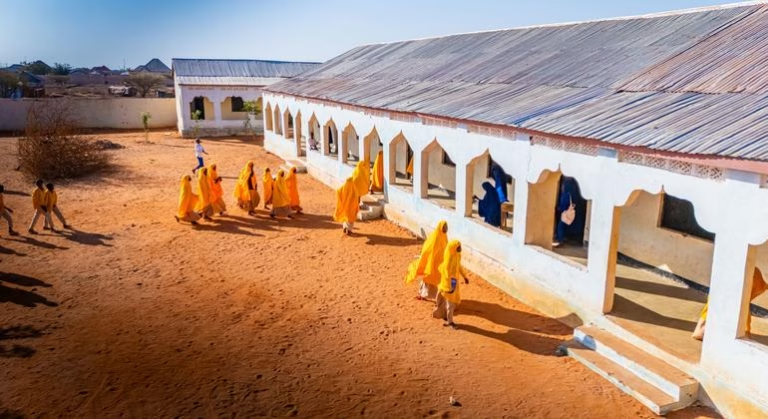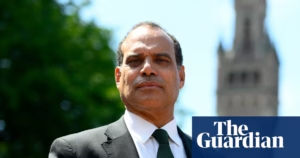
Although the country has witnessed the return of one million refugees and 1.8 million internally displaced individuals to their original areas, there is a pressing need for additional funding to facilitate their transition. This is due to the widespread destruction of homes and basic services, coupled with the absence of job opportunities.
UNHCR’s chief, Filippo Grandi, has urged the international community, the private sector, and the Syrian diaspora to “unite and enhance their efforts to support recuperation”, ensuring that voluntary returns are carried out with dignity and sustainability.
Reasons for delayed return
“In my area of origin, there is nothing, no services, no electricity,” states one of the individuals interviewed in the UNHCR report. “The first thing we will need is a roof over our heads.”
Reasons cited for their hesitance to return include the lack of adequate housing, restricted access to employment, and concerns regarding safety and security. Consequently, most refugees expressed their intention not to return to Syria within the next year, despite 75% expressing a desire to do so eventually.
‘Uphold hope and foster stability’
UNHCR has initiated efforts to facilitate voluntary returns and increased its support, including the provision of cash assistance and transportation.
There are still more than seven million Syrians displaced within Syria and 4.5 million living abroad.
“With renewed commitment, the international community can play a decisive role in preserving hope and fostering stability, as well as finding enduring solutions for one of the most significant refugee crises of our era,” stated Mr. Grandi.
Source: https://news.un.org/feed/view/en/story/2025/09/1165945






